You can help us continue to offer local advice, education and support so our communities can stay warm and well - donate today
You can help us continue to offer local advice, education and support so our communities can stay warm and well - donate today

Check out the latest resource from Smart Energy GB. Discover how you can top up anytime, anywhere, with smart prepay. Make life easier - top up from home, in-store, or using an app, phone or text.
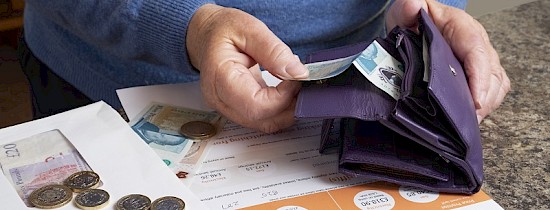
Warm Homes Discount is a government-backed scheme that offers a reduction of £150 off your electricity bill for the winter period between October 2025 and March 2026. Read more about the savings available and if you're eligible to apply.

As a part of their 2024/2025 workplan's focus on remote and rural fuel poverty, the Scottish Fuel Poverty Advisory Panel collaborated with ALIenergy, Scarf, and Tighean Innse Gall (TIG) to carry out focus groups with people experiencing fuel poverty in remote and rural areas of Scotland. Read full report.
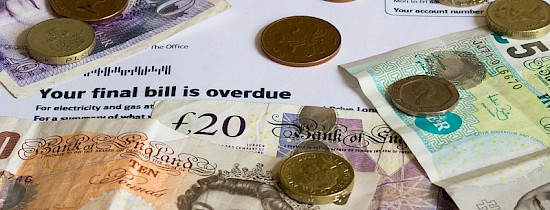
Check out the latest interactive guide to help with Benefits, Money & Energy. Read how to maximise your income where possible, reduce outgoings and make the most of existing budgets.

A new disability benefit for older people has been launched in Scotland. Pension Age Disability Payment, replacing Attendance Allowance in Scotland, is open for applications in Argyll & Bute and Highland. Download the factsheet for more details on the benefit, eligibility and how to apply.
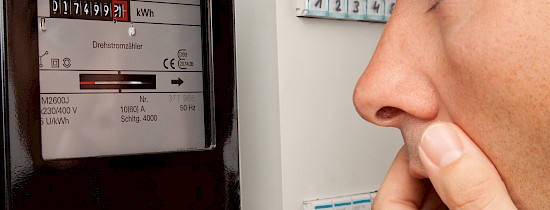
What you need to know if you are on the following tariffs: Economy 7, Economy 10 or Total Heat Total Control.

Energy Action Scotland is Scotland’s national fuel poverty charity. Read the latest from Energy Action Scotland members.

The Priority Services Register is a free support service offered by energy suppliers and network providers. Registering gives you access to additional services and help. Check out if you’re eligible to sign up by contacting your current energy supplier or network provider and ensure you get the correct support when you need it.

Our cold and wet climate can cause problems of dampness inside the home. Don't let this become an added stress. See our information sheet for details of how to keep your home warm and dry.
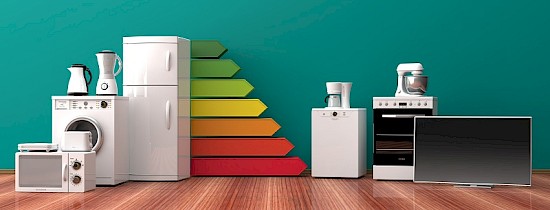
How much energy do your most common household appliances consume? Click download to learn more about buying the most energy efficient items you can.
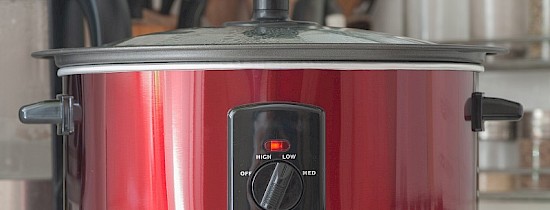
Your cooker, which uses electricity or gas to produce high temperature heat, is likely to be one of the most energy hungry items in your home.

A smart meter can help you take control of your energy bills. See what you’re spending at a glance – and work out where you could reduce your energy use.
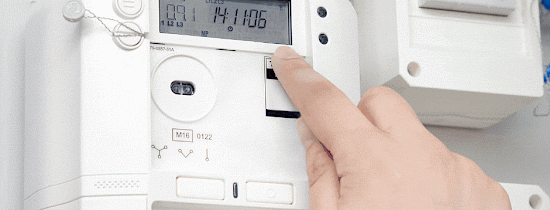
It's a good idea to know your gas and electricity meter readings. You can keep an eye on the energy you're using and make sure your bills are accurate, avoiding unexpected energy costs.

Lots of useful information for people living in Scotland about your rights as an energy consumer.


National Energy Action’s Impact Report 2023-24 highlights the work that has been done and the challenges faced over the last year by the national fuel poverty and energy efficiency charity.
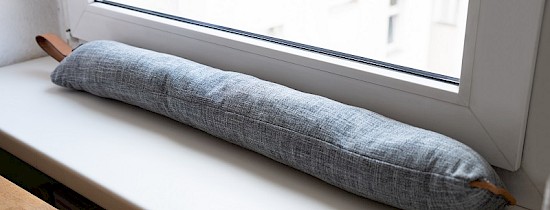
Draught-proofing is one of the cheapest and most effective ways to save energy – and money – in any type of building. Keeping cold air out and saving warm air means you’ll use less energy to heat your home, so you’ll save money as well as making your home snug and warm.
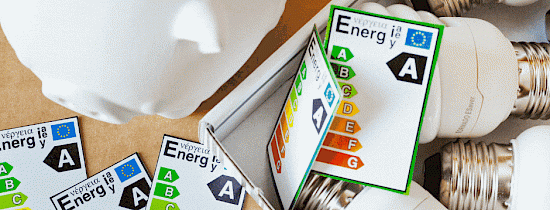
Energy efficient bulbs use between 80-90% less energy than traditional bulbs and can last up to 50,000 hours making them a very cost-effective option over their lifetime. Lighting accounts for about 15% of your household energy use, so by replacing the traditional and halogen light bulbs in your house with low energy alternatives you will decrease your energy use, save money and reduce the household carbon dioxide emissions.

The windows in your house can be a significant area for heat loss. If it’s possible, installing double or triple glazed windows and doors will help reduce this heat loss. Less expensive secondary glazing systems varying from temporary film on windows to more substantial DIY kits will also make a difference. Hanging heavy material curtains will prevent draughts and conserve heat. Warmth from solar gain in the daytime can make a big difference to the overall temperature of a room too.
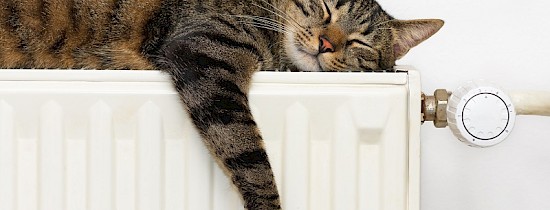
Switching the heating off or turning it down will save energy and reduce bills, but care must be taken to do so safely. In cold weather, turning heating down too much can be detrimental to health. Cold homes are linked to increases in illness particularly in the elderly and vulnerable. Did you know the recommended temperature for a living room is 18- 20°C? Your hot water tank should have its temperature control set to at least 60°C.

Having good insulation in your home, whether it’s in the loft space, under the floors, as cavity wall or solid wall insulation, will reduce heat loss making your home warmer and cheaper to heat. For example, fitting your hot water cylinder with an insulating jacket (at least 8cm) will save you money in heating costs and reduce CO2 emissions.
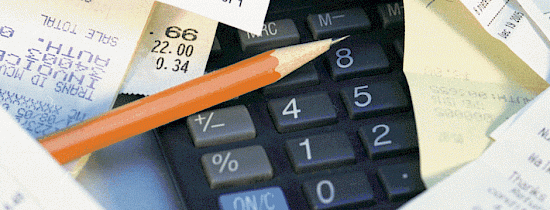
Using a household budget can be a very effective way to understand how much money you’ve got coming in, and what you need to spend it on. It can be especially helpful if you’re working towards financial goals – such as getting out of debt, saving for a mortgage or putting money away for retirement. See link to an online budgeting tool

The thermal quality of the building and the efficiency of the heating system determine the amount of energy that you need to heat your home adequately. If the energy efficiency of the building can be improved, then it will reduce energy use and therefore save money on energy costs. There are several programmes in Scotland that can provide support and funding for energy efficiency measures in your home. Get in touch with our advisors to find out more.

Being wise about washing could save you money and energy. Washing clothes at 30°C and selecting the shortest cycle that’s practical for your wash will make using the washing machine more economical. Drying outside will help to prevent build-up of moisture and condensation in the house, reducing the risk of potential mildew and mould issues. You can also save water, energy and money by choosing an economy setting or if your wash load is small checking if you have a half load option.

An inefficient boiler could cost you more to run than it should. Having your boiler or heating system serviced regularly (annually, if possible) helps maintain the efficiency - saving you money in the long term, as well as ensuring the appliance is in safe working order with no hazardous leaks. Chimneys and flues should also be checked and swept regularly.
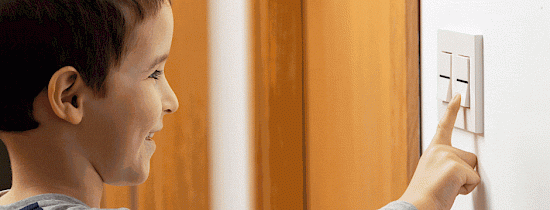
The quickest way to start saving money on energy use is by switching off lights and electrical appliances when they’re not being used. Turn energy saving into a game for the kids to help them remember to switch things off and get everyone in your household involved. Recognising the importance of not wasting energy is good for your pocket and the planet.
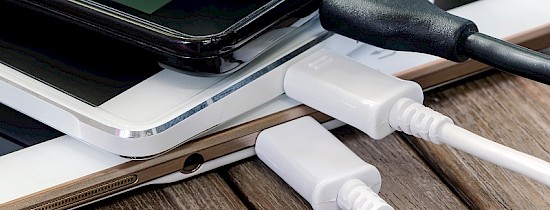
Only charging when needed and not overcharging your mobile devices, like phones and laptops, will save energy and money. Many of us plug in our mobile devices at the end of the day so they can charge throughout the night, but this can lead to unnecessary energy use and may reduce the battery life over time. To keep your mobile device battery in good condition and limit unnecessary energy being used, unplug the device when its done charging.